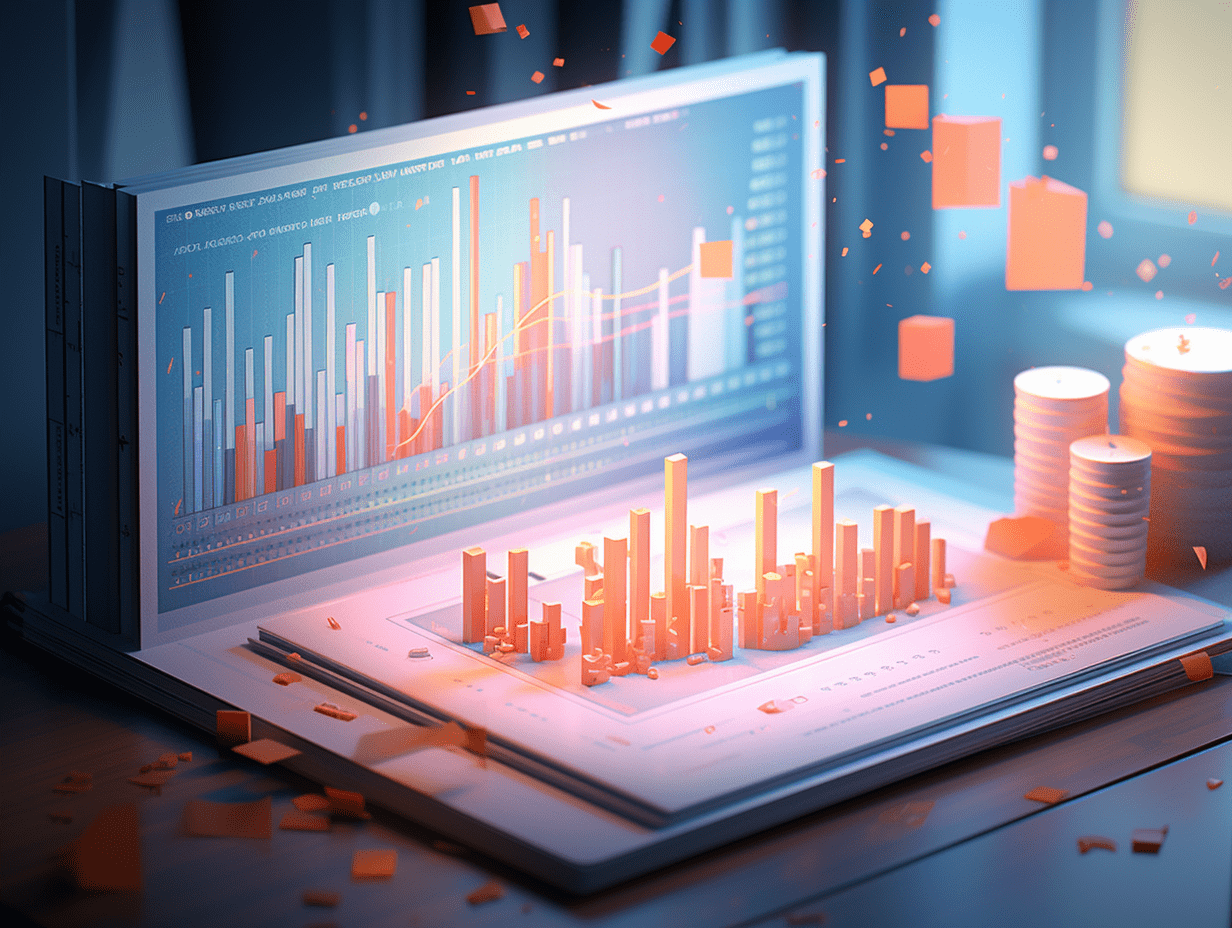Will the Bank of Japan raise interest rates this week depend on Trump's "mood"?
The current market consensus is that unless there is any market disruption after the inauguration of the incoming US President Trump, the Bank of Japan will raise interest rates on Friday, a move that will increase short-term borrowing costs to the highest level since the 2008 global financial crisis.
Currently, the market generally expects that unless there is any market shock after the inauguration of US President-elect Trump, the Bank of Japan will raise interest rates on Friday, which will raise short-term borrowing costs to the highest level since the 2008 global financial crisis.
The tightening policy will highlight the Bank of Japan's steady determination to raise interest rates from the current 0.25% to near 1%. Analysts believe that this interest rate level will neither cool down the Japanese economy nor overheat it.
Insiders say that the Bank of Japan may raise the short-term policy interest rate to 0.5% at the end of the two-day meeting on Friday, unless Trump's inauguration speech and executive orders disrupt the financial markets.
According to a survey of economists, around 90% believe that Japan's current prices and economic conditions justify the Bank of Japan raising interest rates. About three-quarters of economists expect the central bank to take action this week. Overnight indexed swap trading last Friday briefly showed that traders had fully priced in expectations of a rate hike in January.
Insiders added that upward revisions in price expectations, as well as strong wage growth expectations, are factors supporting the rate hike.
In a quarterly outlook report, the Policy Committee expects to raise its inflation forecast as more people believe that wage growth will pave the way for Japan to sustainably achieve the Bank of Japan's 2% inflation target.
Economists point out that the yen is another factor. The USD/JPY exchange rate has been hovering around 1 USD to 160 JPY. Last year, this level prompted markets to conduct interventions worth billions of dollars to support the yen. A rate hike will narrow the interest rate differential between the United States and Japan, boosting the yen.
If the Bank of Japan raises rates, it will be the first rate hike since July last year, when the Bank of Japan raised rates amidst weak US employment data, shocking traders and triggering a global market slump in early August.
To avoid a repeat of this scenario, Bank of Japan Governor Kuroda and his deputy sent a clear signal last week that they would consider the necessity of raising borrowing costs at the upcoming meeting, in order to act as a "precaution" for the market.
Some Bank of Japan observers interpreted these comments as a hint that the central bank is preparing to take action while trying to improve communication clarity among senior leadership.
There were signs last month that action may be taken soon. While the Bank of Japan postponed a rate hike at its meeting on December 18-19 last year, hawkish member Naoki Tamura proposed a rate hike. Meeting minutes showed that other committee members also believed that conditions for a rate hike were in place.
As policy tightening this week is almost set in stone, market attention is now turning to Kuroda's post-meeting press conference for clues on the timing and pace of future rate hikes. With Japan's inflation rate exceeding the Bank of Japan's 2% target for the past three years, a weak yen has kept import costs high, and Kuroda may emphasize policymakers' determination to continue raising rates.
However, some analysts believe the Bank of Japan still has enough reasons to be cautious. While the International Monetary Fund (IMF) has raised its forecast for global growth in 2025, Trump's policies could disrupt market stability and exacerbate uncertainty for Japan's export-dependent economy.
Domestic political uncertainty could also escalate, as the ruling coalition led by Prime Minister Shizo Abe may struggle to pass budgets in parliament and win the upper house election scheduled for July.
The economic losses caused by the turbulent history of rate hikes in the past also trouble policymakers at the Bank of Japan. The Bank of Japan ended its quantitative easing policy in 2006 and raised short-term interest rates to 0.5% in 2007, sparking political criticism as some criticized the move for delaying the end of deflation.
In October 2008, the Bank of Japan lowered rates from 0.5% to 0.3%, then to 0.1% in December of that year, as the global financial crisis pushed Japan into recession. Since then, various unconventional measures have kept borrowing costs close to zero.
Jeffrey Young, CEO of DeepMacro, said, "Japan has long been in a situation of low growth, low inflation, and low interest rates. Therefore, policymakers, investors, and the business community are still unsure - have we really escaped this situation?"
"The Bank of Japan will have to carefully explain that their rate hike is to exit the unconventional policies they have adopted."
Related Articles

The Federal Reserve's Daly warns of vulnerability in the labor market, says it may be necessary to cut interest rates one to two more times this year.

Choose a Fed chairman who is "willing to lower interest rates", the history of American presidents has always been "difficult to fulfill their wishes"!

SpaceX delays Mars mission, focusing on moon landing instead.
The Federal Reserve's Daly warns of vulnerability in the labor market, says it may be necessary to cut interest rates one to two more times this year.

Choose a Fed chairman who is "willing to lower interest rates", the history of American presidents has always been "difficult to fulfill their wishes"!

SpaceX delays Mars mission, focusing on moon landing instead.






